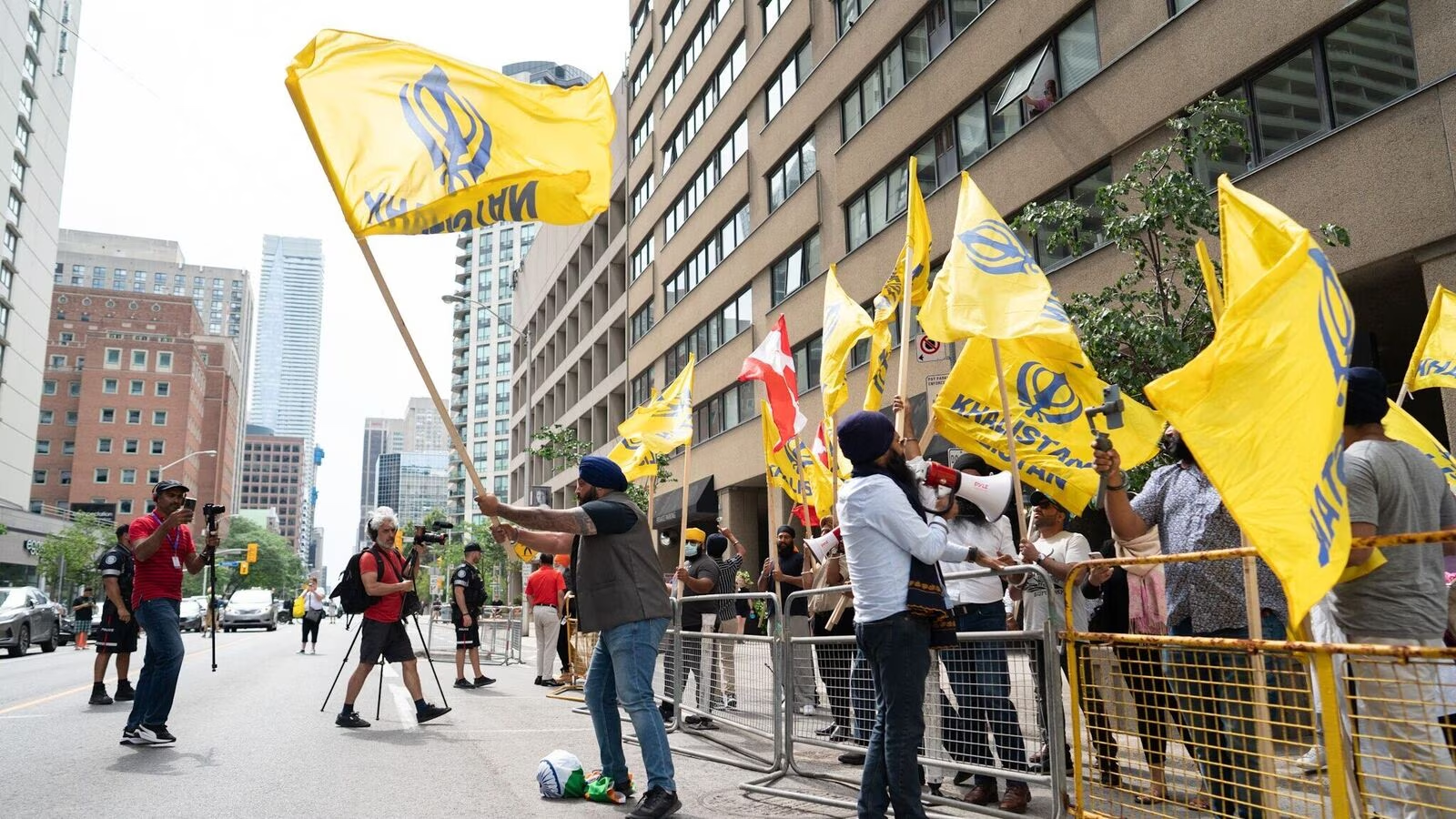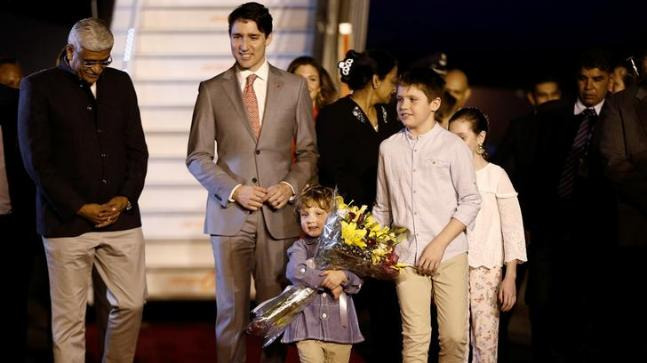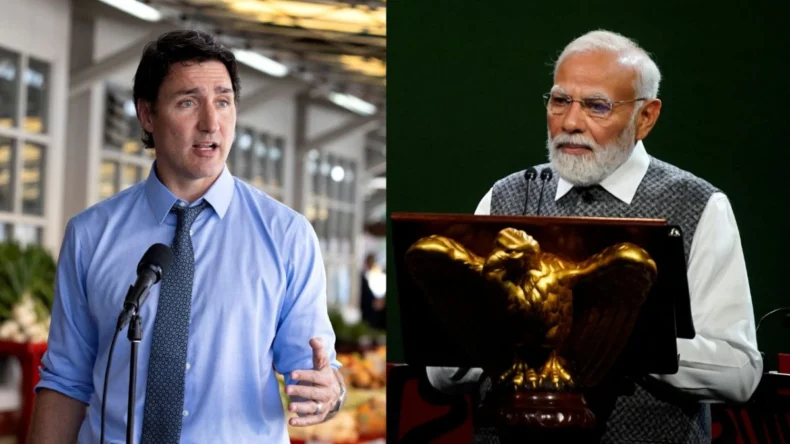
Khalistan Referendum Raises Concerns in Canada-India Relations.
Sikhs for Justice Organize Referendum as PM Modi Addresses Extremist Activities with PM Trudeau.
In a pivotal event, the secessionist group Sikhs for Justice (SFJ) orchestrated a Khalistan referendum at the Guru Nanak Sikh Gurdwara in Surrey, British Columbia, Canada. This occurrence, which transpired on Sunday, aligns with Prime Minister Narendra Modi’s expressions of apprehension to Canadian Prime Minister Justin Trudeau regarding extremist factions operating in Canada on the very same day.
In a bid to establish an independent Sikh homeland known as “Khalistan” in Punjab, the US-based organization Sikhs for Justice (SFJ) is intensifying its efforts. Founded in 2007, SFJ, led by Gurpatwant Singh Pannun, a legal practitioner based in the United States and an alumnus of Panjab University, has been at the forefront of the secessionist movement.
The campaign, aptly named ‘Referendum 2020’, is aimed at, in Pannun’s words, “liberating Punjab from Indian occupation”. This initiative, as outlined in SFJ’s London Declaration in August 2018, sets out to conduct the inaugural non-binding referendum among the global Sikh community regarding the question of secession from India and the establishment of Punjab as an autonomous nation.
SFJ has announced plans to hold polling for the referendum in November 2020, encompassing Punjab and several major cities across North America, Europe, Australia, New Zealand, Malaysia, Philippines, Singapore, Kenya, and Middle Eastern countries. The movement seeks to garner international support for its cause and engage Sikhs worldwide in the pursuit of Khalistan’s independence.
The Guru Nanak Sikh Gurdwara in Surrey, a significant site within the Sikh community, was previously overseen by the prominent SFJ figure, Hardeep Singh Nijjar. Tragically, Nijjar met a fatal end on June 18 in the gurdwara’s parking lot, targeted by assailants who remain unidentified. SFJ vehemently alleges India’s involvement in Nijjar’s assassination; however, the Integrated Homicide Investigation Team (IHIT) handling the case has not made any arrests or officially attributed a motive to the crime.
Despite India’s repeated entreaties to the Canadian government to address separatist activities occurring within its borders, immediate action appears unlikely. This sentiment was echoed by Prime Minister Trudeau, who was attending the G20 leaders’ summit in New Delhi. He emphasized the imperative of enabling diaspora Canadians to express themselves without undue interference from external forces.
In a subsequent press conference following the G-20 Summit, PM Trudeau underscored Canada’s steadfast commitment to upholding freedoms of expression, conscience, and peaceful protest. Simultaneously, he reaffirmed their unwavering stance against violence and hatred. The discussions between PM Trudeau and PM Modi encompassed Khalistani extremism and concerns regarding foreign interference.

The Khalistan movement, advocating for the establishment of a sovereign Sikh state incorporating territories from both India and Pakistan, traces its roots to the aftermath of the British Empire’s decline. The movement gained momentum in the 1970s and 1980s with financial and political backing from the Sikh diaspora. However, internal discord, stringent law enforcement measures, and dwindling support led to its decline in the 1990s. While the movement still garners some backing from within India and the Sikh diaspora, it has yet to realize its ultimate objective. Annual protests serve as poignant commemorations for those who lost their lives during Operation Blue Star. At times, the Khalistan movement has articulated territorial aspirations extending beyond Punjab, encompassing regions of North India and the western states.
The occurrence of the Khalistan referendum within Canadian borders has magnified concerns regarding its potential impact on bilateral relations between Canada and India. The divergent approaches towards Khalistani activities, juxtaposed with resolute support for freedom of expression, are poised to remain a point of contention between the two nations.
In this dynamic landscape, Prime Minister Modi’s engagement with Prime Minister Trudeau takes on heightened significance. The timing of their discussions, coinciding with the Khalistan referendum, underscores the urgency and gravity of the situation. India’s persistent plea for action against separatist activities finds itself at a crossroads with Canada’s commitment to safeguarding individual liberties, prompting a nuanced evaluation of the delicate balance between security concerns and democratic values.













